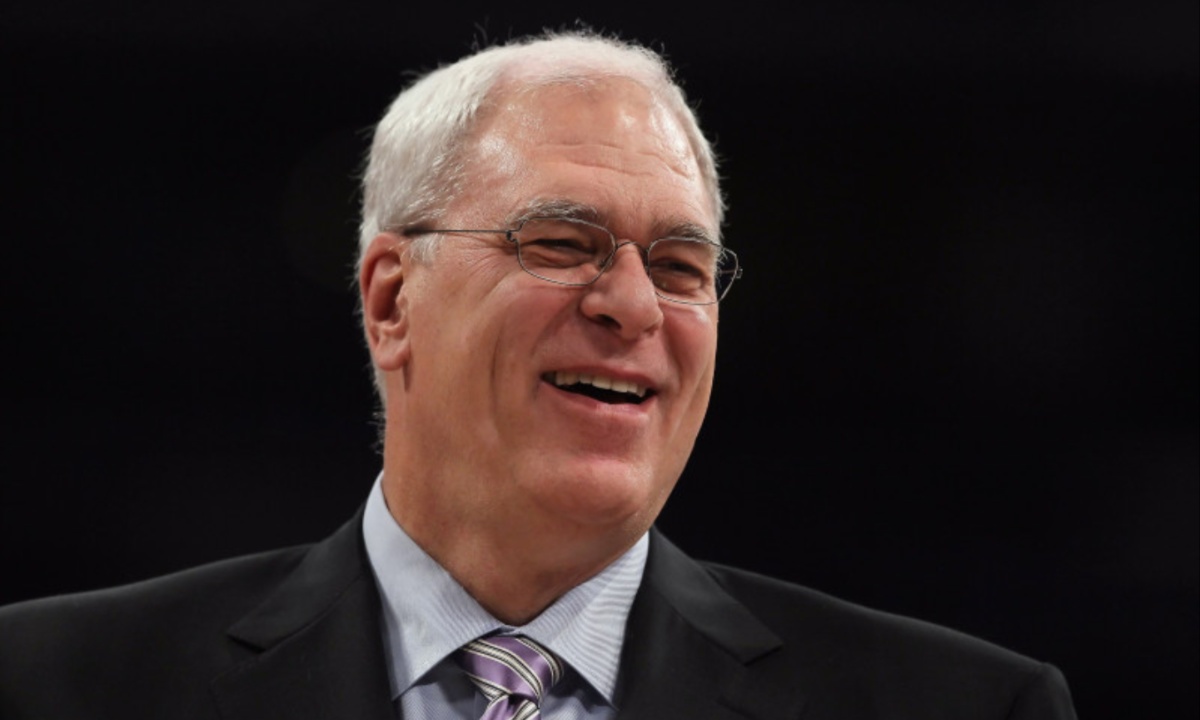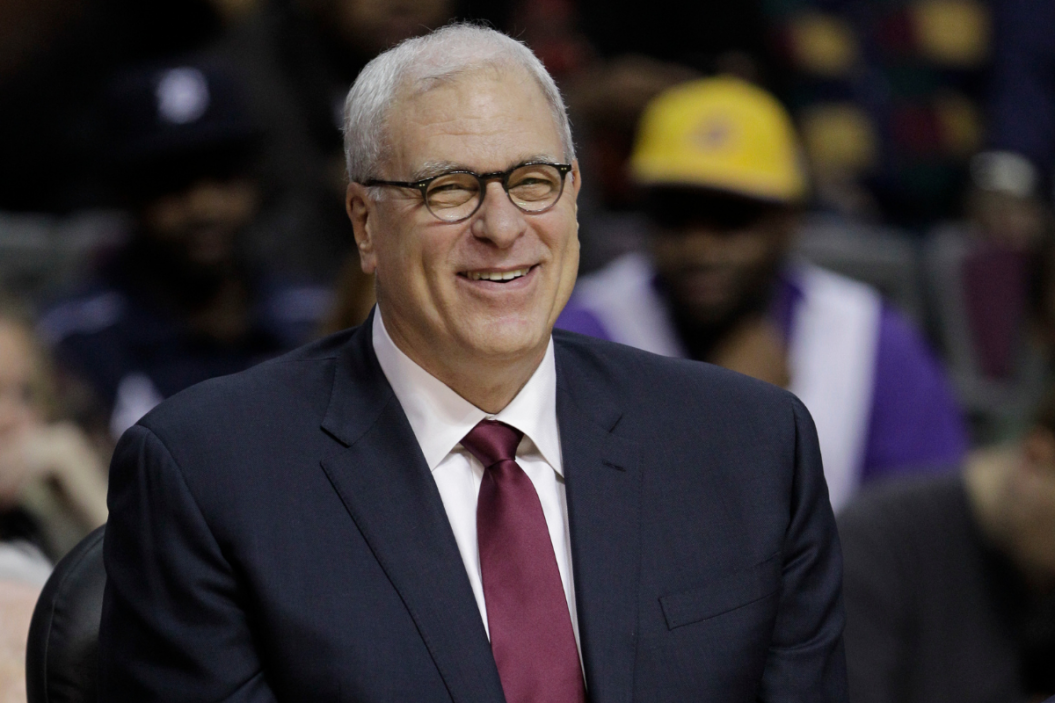Phil Jackson is more than just a legendary coach—he’s a visionary leader. With 11 NBA championships as a coach (six with the Bulls, five with the Lakers), his achievements are undeniable. However, his methods went beyond traditional coaching. Known as the Zen Master, he blended mindfulness, Native American philosophy, and Tex Winter’s triangle offense to reshape the way basketball was played and experienced. His approach wasn’t just about winning games but about shaping mindsets.
Phil Jackson Built Trust, Unity, and Teamwork Through Innovative Coaching Strategies
Unlike many coaches who rely on strict control, Jackson believed in trusting his players. He allowed them the space to understand their roles and contribute meaningfully. Michael Jordan, already a dominant scorer, learned to embrace a team-oriented approach under Jackson, leading to six championships. In Los Angeles, he balanced the dynamic between Shaquille O’Neal and Kobe Bryant, using meditation and storytelling to guide them through their differences and toward three consecutive titles.

Jackson didn’t just run plays; he implemented a system built on cohesion and movement. The triangle offense, designed by Tex Winter, required players to rely on one another rather than individual talent. Though some criticized it as outdated, it proved nearly unstoppable when executed correctly. This strategy forced even the most dominant players, like Jordan and Bryant, to adjust their game for the benefit of the entire team.
Phil Jackson’s Leadership Focused on Mindfulness, Personal Growth, and Mental Strength
Jackson’s leadership extended beyond the court. He introduced mindfulness techniques, helping players maintain composure under pressure. He also assigned books tailored to their personalities—Jordan received The Art of War for strategic thinking, while Shaq read Siddhartha for personal reflection. His methods encouraged personal and professional growth.
Phil Jackson’s influence goes beyond championships. His leadership was built on patience, trust, and self-awareness rather than authority. By guiding players to grow mentally and emotionally, he redefined what it means to be a leader. His philosophy remains relevant not just in sports but in all areas of life.







